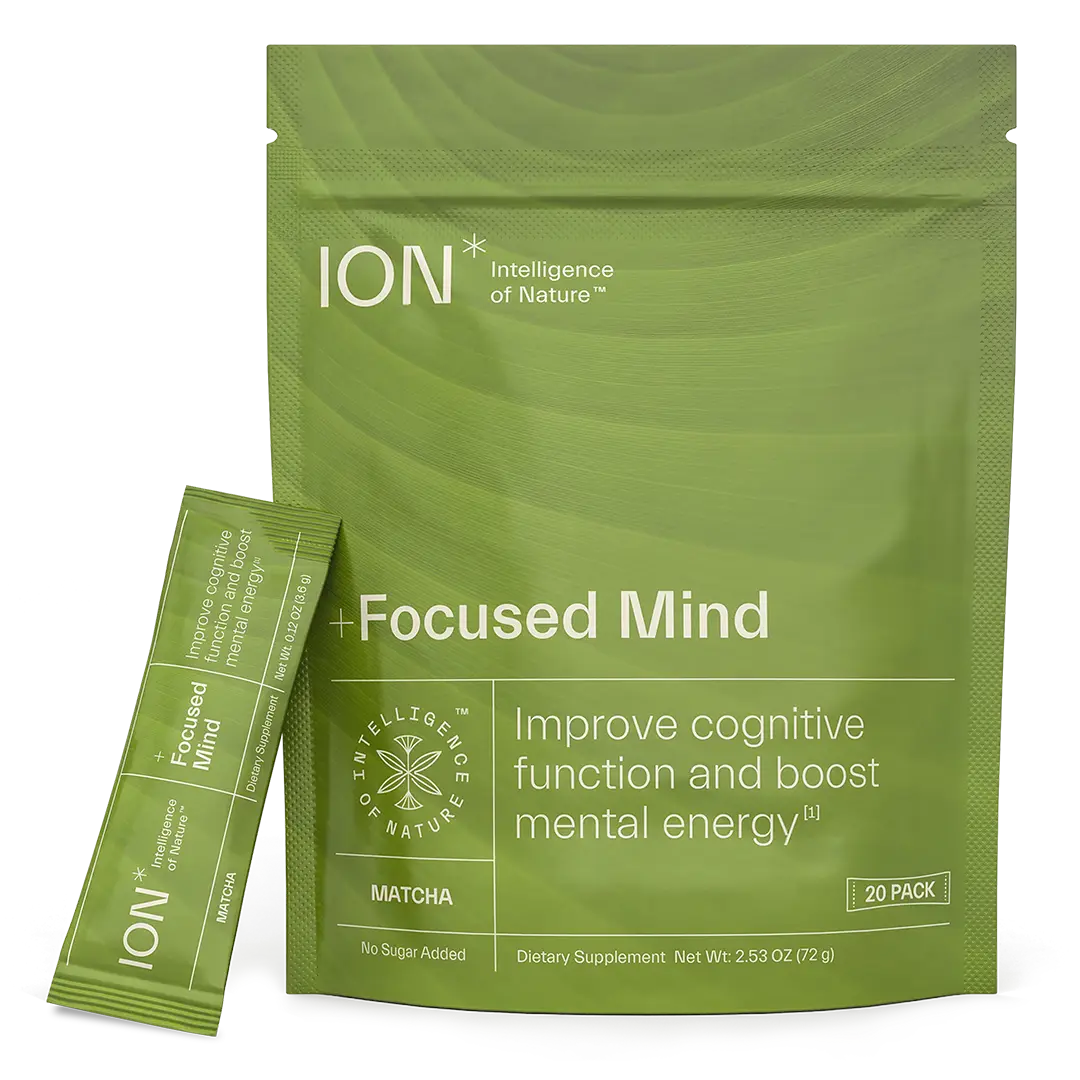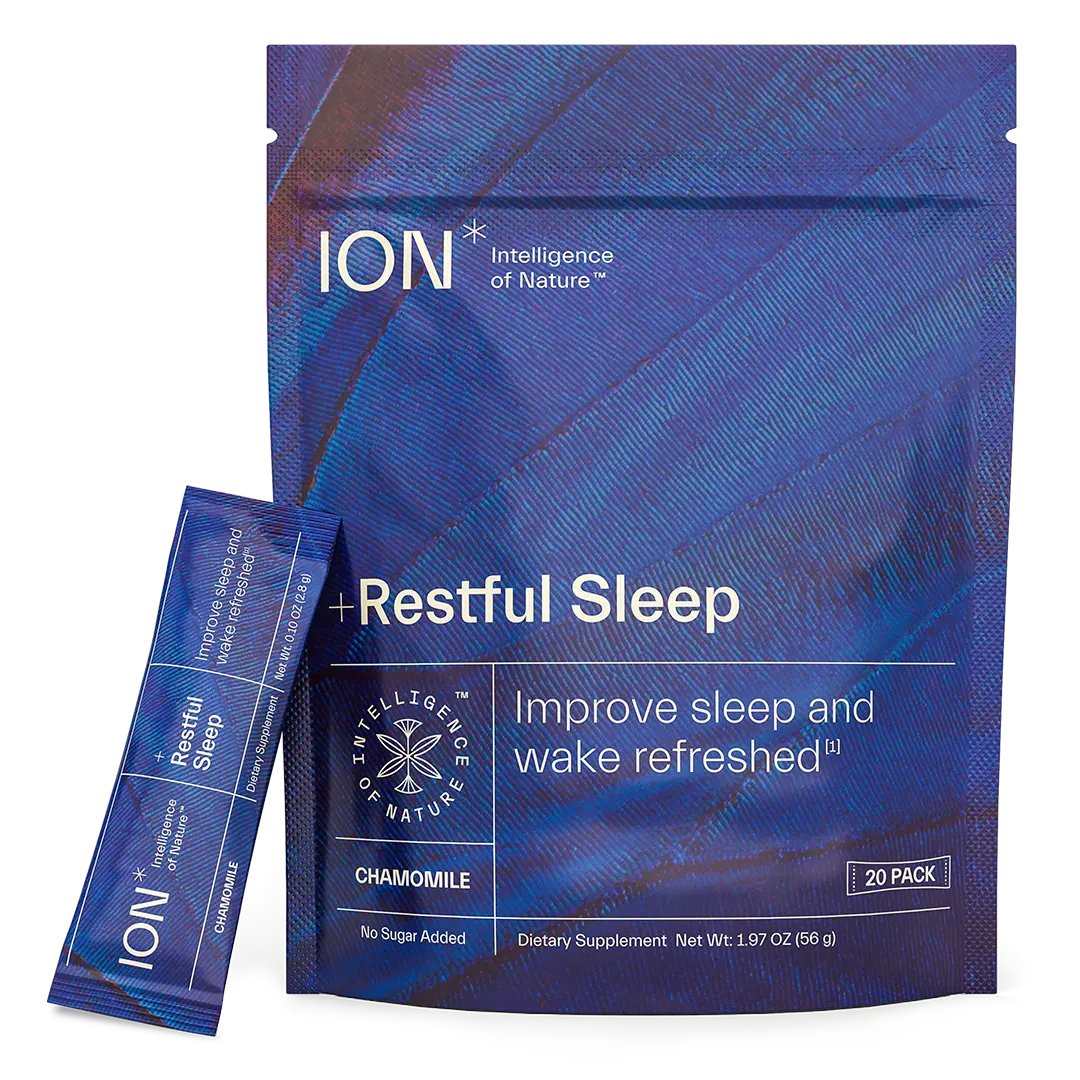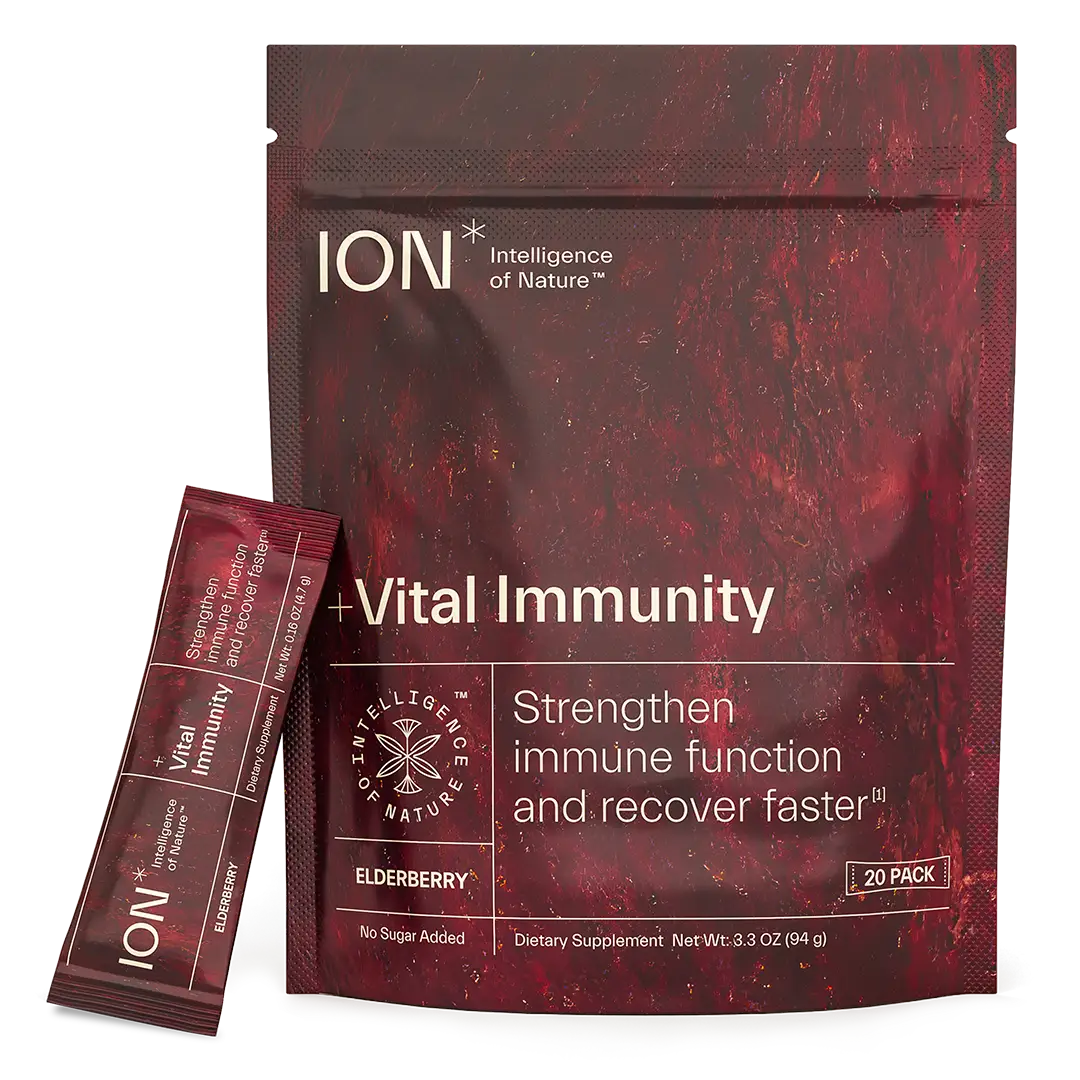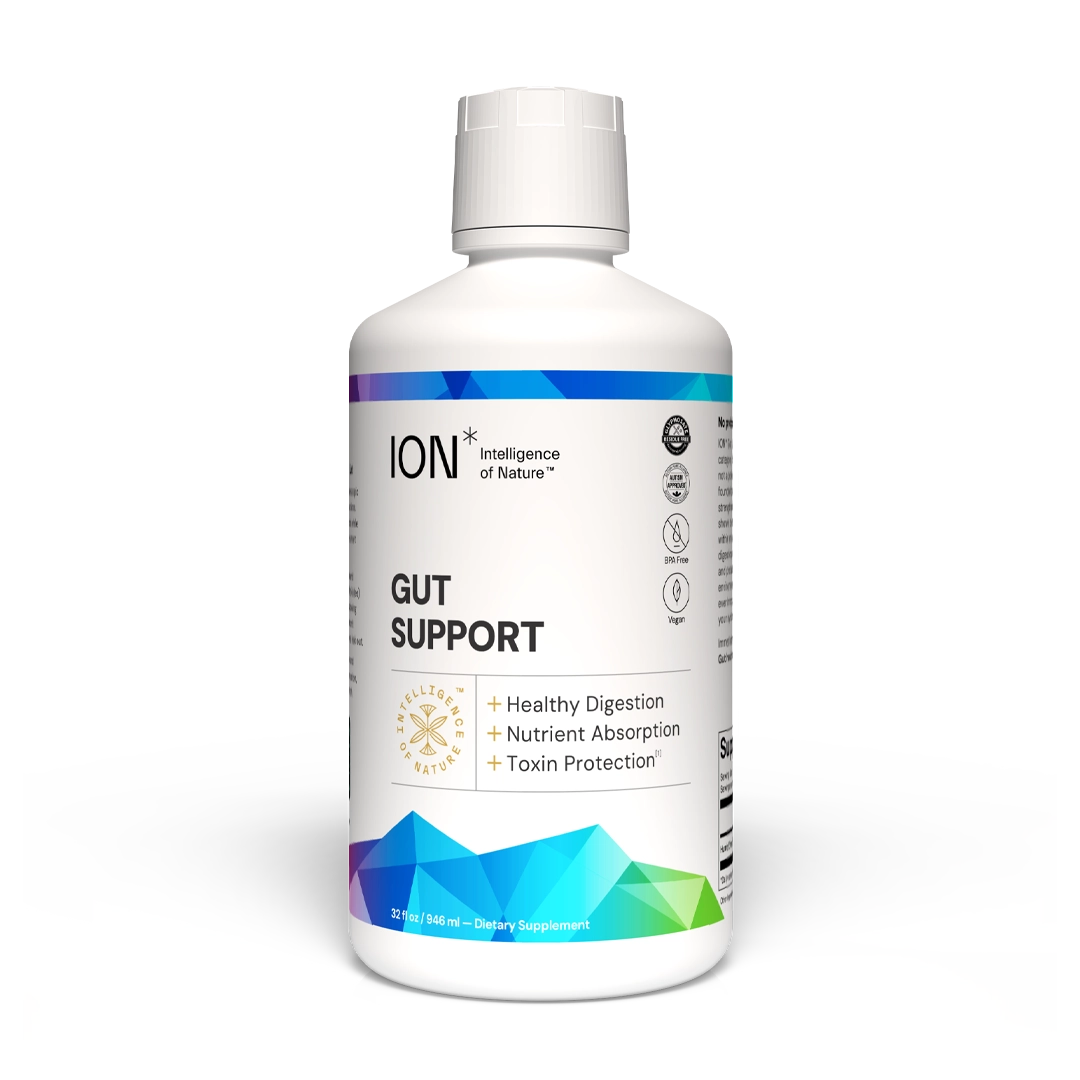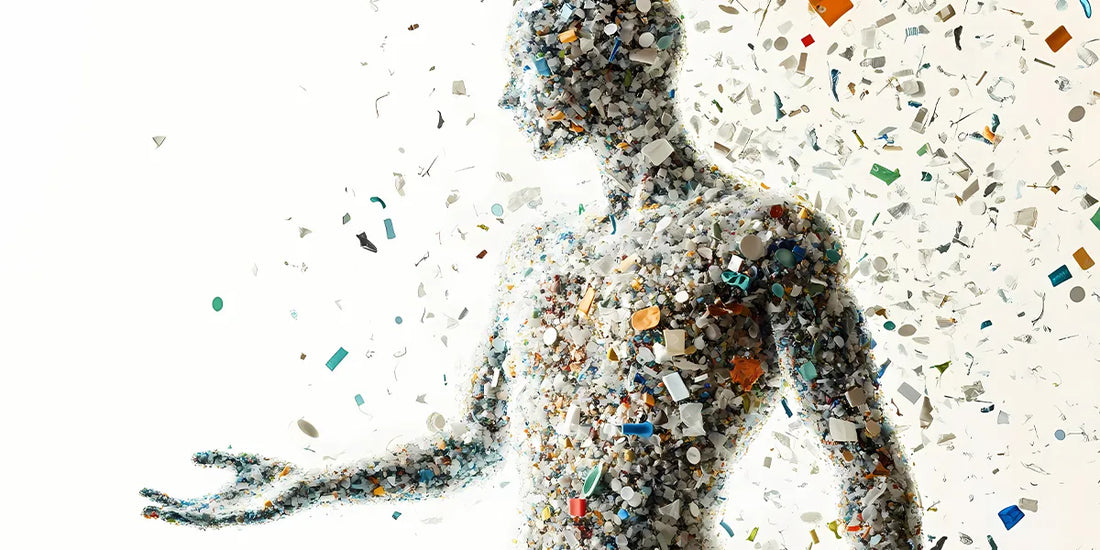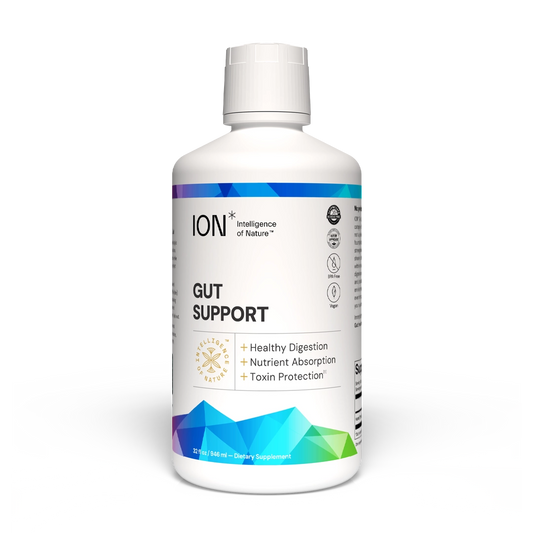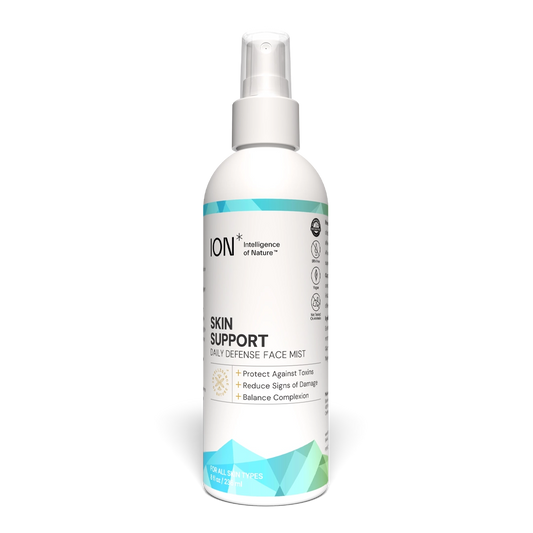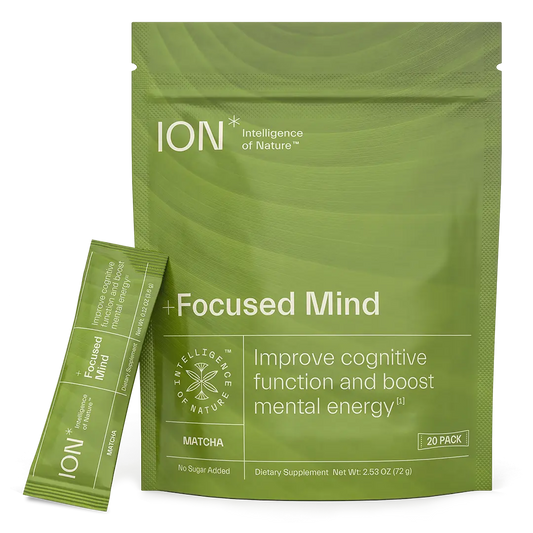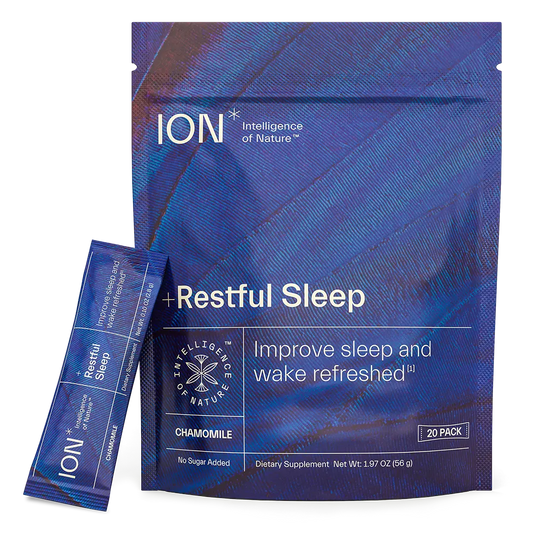You’ve probably heard that microplastics are now in our oceans, our air, our soil, and even our bodies. These tiny plastic particles, less than 5mm in size, have been found in human blood, lungs, and even placentas. While researchers are still uncovering the full extent of their health impacts, one thing is clear: we’re all being exposed, every day.
So what can you do when avoidance isn’t fully possible? The answer may lie in the strength of your gut barrier—your body’s frontline defense system against unwanted intruders, including microplastics.
Microplastics: A Hidden Health Threat
Microplastics aren’t just in our environment—they’re in the food we eat and the water we drink. Research shows the average person may consume a credit card's worth of plastic each week. While more research is needed to understand the long-term effects, early studies suggest microplastics may:
- Trigger inflammation
- Disrupt hormones
- Damage cells and tissues
- Interfere with the immune system
- Disturb the gut microbiome
The idea that plastic particles are moving through our digestive systems, and potentially crossing into our bloodstream, is more than unsettling. But that’s exactly where the gut barrier comes in.
Your Gut Barrier: The Unsung Hero
The gut barrier is a single layer of tightly connected cells that lines your intestinal wall. Its job? To let nutrients through and keep harmful substances—like toxins, pathogens, and microplastics—out of your bloodstream.
When functioning properly, this barrier acts like a tightly woven fence. But factors like stress, poor diet, processed foods, glyphosate, and—you guessed it—microplastics can weaken those connections. The result? Leaky gut (aka increased intestinal permeability), where substances that should stay in the gut slip through into your body.
And when your barrier is compromised, microplastics are more likely to cross the line.
How Microplastics Weaken the Gut
Emerging research shows that microplastics may:
- Disrupt the balance of gut bacteria, leading to dysbiosis
- Increase oxidative stress and inflammation
- Damage intestinal cells and loosen tight junctions
In other words, microplastics may not just sneak through a weak barrier; they could actually be causing the weakness in the first place (much like glyphosate).
This creates a vicious cycle: exposure to microplastics weakens your gut, which allows more microplastics and toxins into the body, which triggers more inflammation and gut damage.
How to Strengthen Your Gut Barrier Against Microplastics
While it’s nearly impossible to eliminate microplastics from your environment, you can fortify your defenses, starting with your gut.
Here’s how:
1. Support Tight Junction Integrity
ION* Gut Support has been shown to strengthen the tight junctions in your gut lining, helping restore that critical barrier function. With increased integrity, your gut is better equipped to block harmful substances like microplastics from getting into your bloodstream.
2. Eat a Barrier-Friendly Diet
Include foods rich in:
- Polyphenols (berries, olive oil)
- Omega-3s (wild-caught salmon, chia seeds)
- Prebiotic fiber (onions, garlic, asparagus)
Avoid heavily processed foods and artificial additives that further weaken the gut lining.
3. Limit Additional Toxic Load
- Drink filtered water to reduce plastic content.
- Avoid heating food in plastic containers.
- Use glass, stainless steel, or silicone alternatives whenever possible.
4. Reduce Inflammation Naturally
A healthy gut reduces systemic inflammation and helps your body detox more efficiently. Movement, sleep, and stress management all support this balance.
You Can’t Avoid Microplastics, But You Can Build Resilience
The truth is, none of us can fully opt out of exposure. But that doesn’t mean we’re powerless. A strong, resilient gut barrier can be your best line of defense. It helps keep microplastics and other unwanted toxins from crossing into your body, supporting better energy, digestion, immunity, and long-term health.
Want to support your gut where it matters most? ION* Gut Support is scientifically shown to strengthen the gut lining and help restore barrier function from the inside out.
